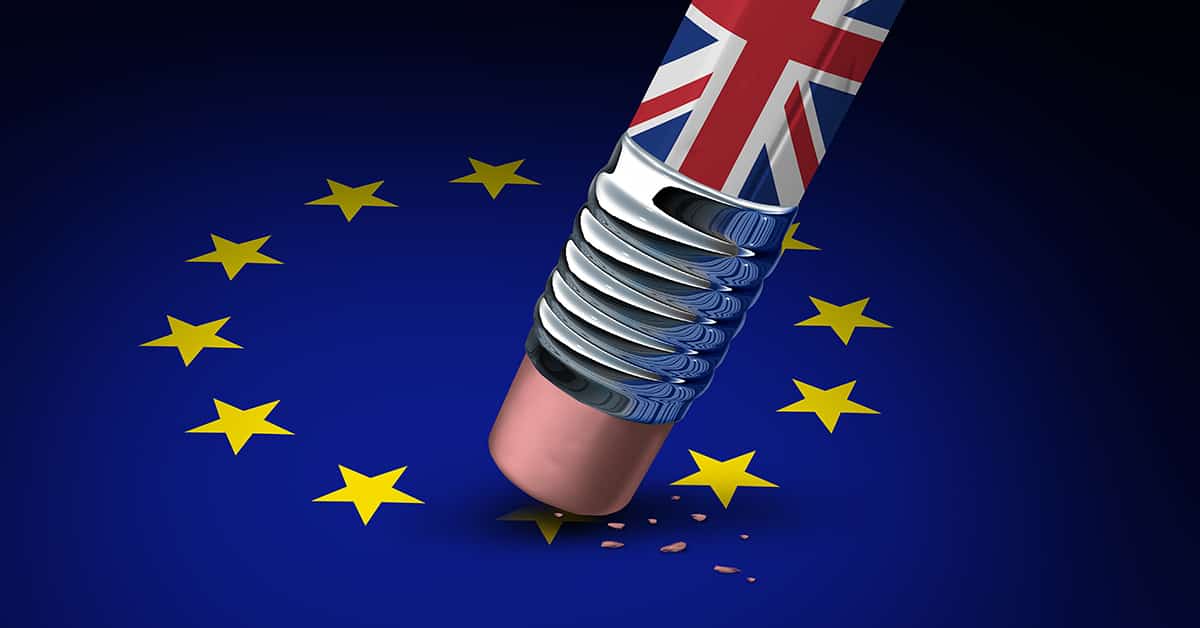London was once Europe's premier finance hub but Brexit has upended that.

The UK begins 2021 fully sovereign. Four-and-a-half years after the country voted to leave the European Union, Brexit trading arrangements concluded just days before the December 31 have secured a zero-tariff, zero-quota deal for trading of goods across the English Channel.
Until the bitter end, there were clashes over fishing rights, a symbolic issue worth less than 0.1% of GDP; but financial services, the UK’s most successful export, were strangely ignored. London, the UK financial capital, lost its automatic access to the European bloc’s single market.
British financial institutions were the continent’s natural interlocutors with the world’s English-speaking countries. The City was the undisputed hub for lending, trading and investing—its institutions employing more than 1 million professionals and generating the equivalent of more than $100 billion in taxes, over 10% of all UK tax revenue.
Nevertheless, this powerful sector is barely mentioned in the 1,255 page document that marks the end of Britain’s EU membership. Just like that, UK bankers have lost more than 5,000 passporting rights that enable them to provide services to clients on the continent.
British banks may replace these rights with “equivalences” so long as UK regulations don’t diverge substantially from the EU’s, but it’s not a free pass. European officials now have the upper hand and can demand cooperation in the fight against money laundering, tax evasion and, of course, reciprocal access to the UK market for continental firms. Furthermore, equivalence rights can be withdrawn for an institution on 30-days’ notice. So far, the City has access to only two equivalences: derivatives clearing and settlement of Irish securities.
To keep their entry ticket to the single market, banks have already relocated £1.2 trillion ($1.6 trillion) of assets to EU financial centers. According to Ernst and Young, 7,500 jobs have left the UK for locations such as Dublin, Luxembourg, Frankfurt, Paris and Amsterdam. Consulting firm Oliver Wyman, which has studied different scenarios, estimates that if the British institutions play their hand smartly, the City will lose only a few thousand jobs—but that the worst-case scenario would eliminate some 30,000 jobs.
Meanwhile, the tiny fishing industry that kept negotiators on their toes is not quite satisfied. British exporters lament reimposed health certificates and customs declarations, courtesy of the EU.



